School-based SLPs in particular face many challenges related to completing speech and language evaluations, especially when it comes to finding times to pull students out of class to participate in the assessment process. This episode focuses on the top five evaluation tips for SLPs to help them find more ease and efficiency as they conduct speech and language evaluations.
Although the terms “evaluation” and “assessment” are used interchangeably throughout the episode, there are some technical differences between their definitions. According to the Individuals with Disabilities Education Act, an evaluation is the multidisciplinary process that’s used to determine if a school age student is eligible for special education services. Assessment is an early intervention term, and it refers to the procedures that are used to identify a child’s unique strengths and needs, and the best types of services to meet those needs.
After summarizing the difference between these two terms, the episode shifts to an exploration of five different evaluation tips for SLPs. They include:
- Prioritizing learning about the student’s strengths and interests during the evaluation process
- Using a free tool to make language sample analysis easier and more effective
- Building a library of personalized templates to streamline the report writing process
- Collaborating with teachers, paraeducators, and family members
- Obtaining baseline data as part of the evaluation process
If you’re looking for engaging, interactive, and time-saving speech therapy materials that both students and SLPs will love, check out what the Digital SLP® membership site has to offer, or sign up for our 30-day free trial for instant access to more than 2000 engaging, high-quality resources. Our TPT store is also available!

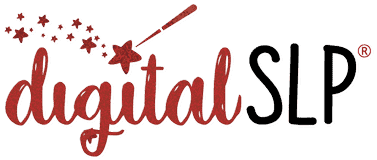
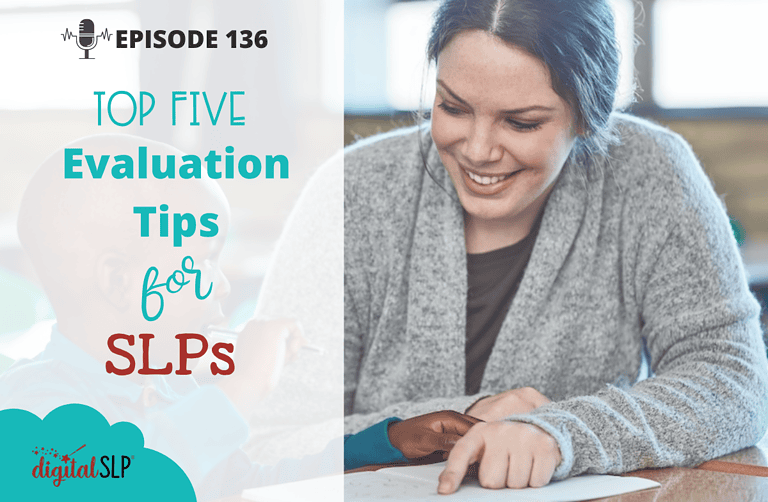
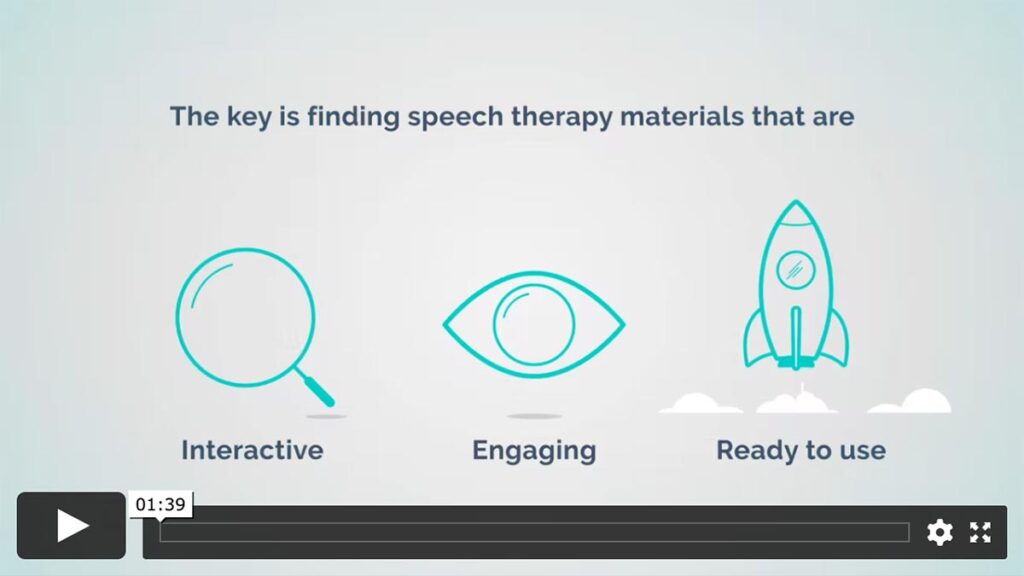


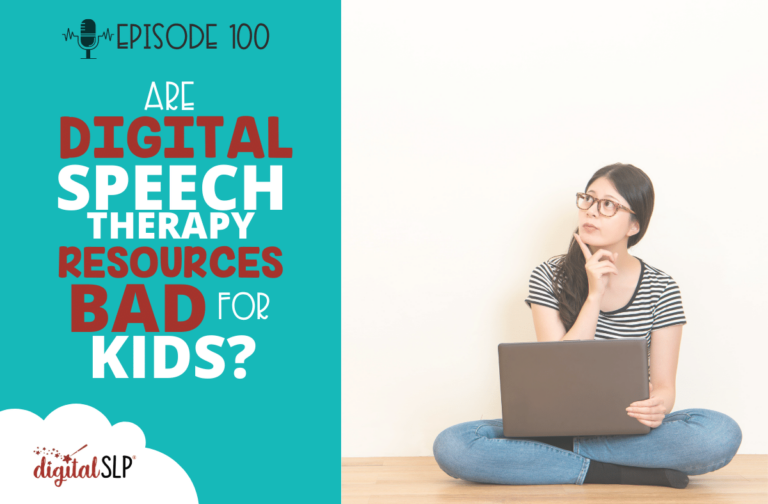
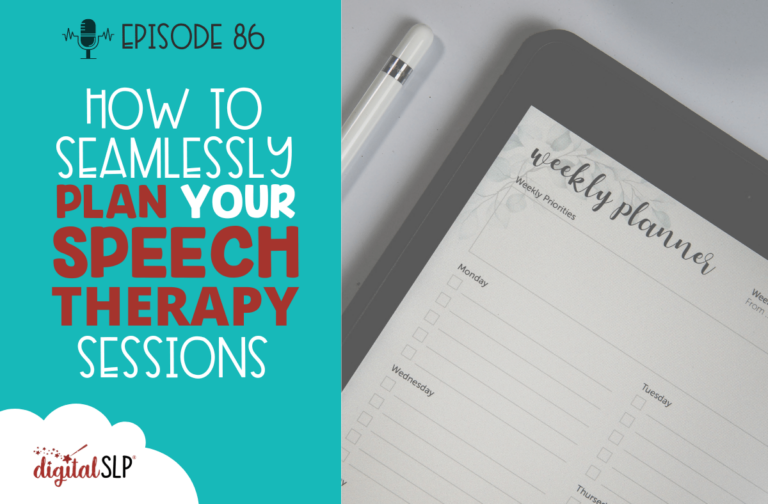

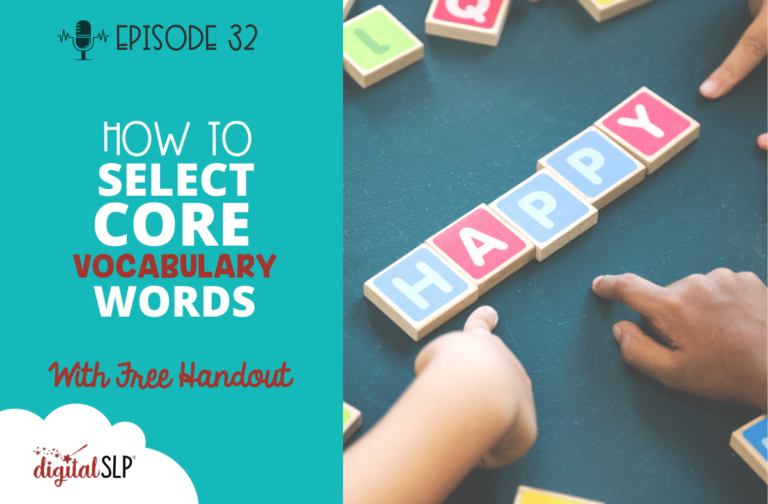
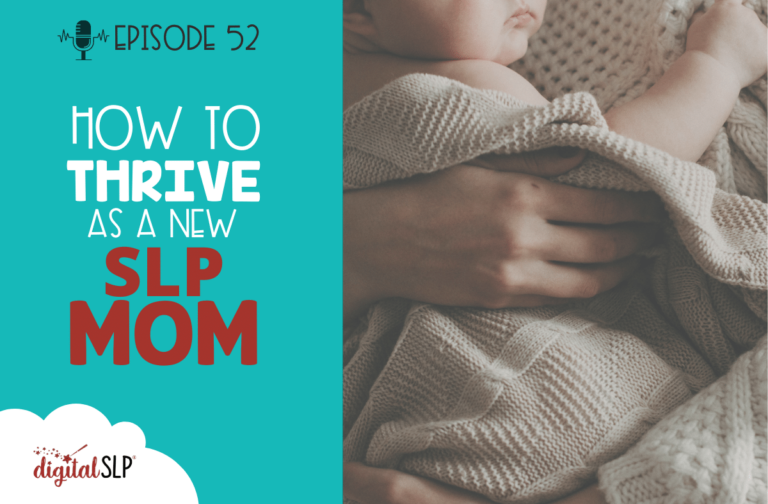


Recent Comments